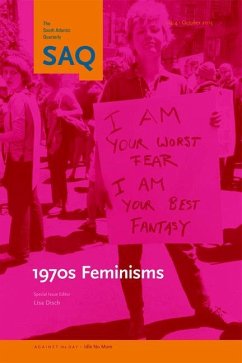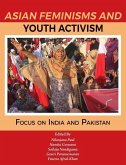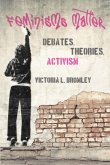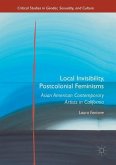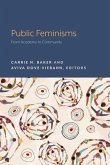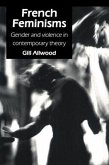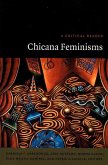For more than a decade, feminist historians and historiographers have engaged in challenging the "third wave" portrait of 1970s feminism as essentialist, white, middle-class, uninterested in racism, and theoretically naive. This task has involved setting the record straight about women's liberation by interrogating how that image took hold in the public imagination and among academic feminists. This issue invites feminist theorists to return to women's liberation--to the texts, genres, and cultural productions to which the movement gave rise--for a more nuanced look at its conceptual and political consequences. The essays in this issue explore such topics as the ambivalent legacies of women's liberation; the production of feminist subjectivity in mass culture and abortion documentaries; the political effects of archiving Chicana feminism; and conceptual and generic innovations in the work of Gayle Rubin, Christine Delphy, and Shulamith Firestone.
Hinweis: Dieser Artikel kann nur an eine deutsche Lieferadresse ausgeliefert werden.
Hinweis: Dieser Artikel kann nur an eine deutsche Lieferadresse ausgeliefert werden.

